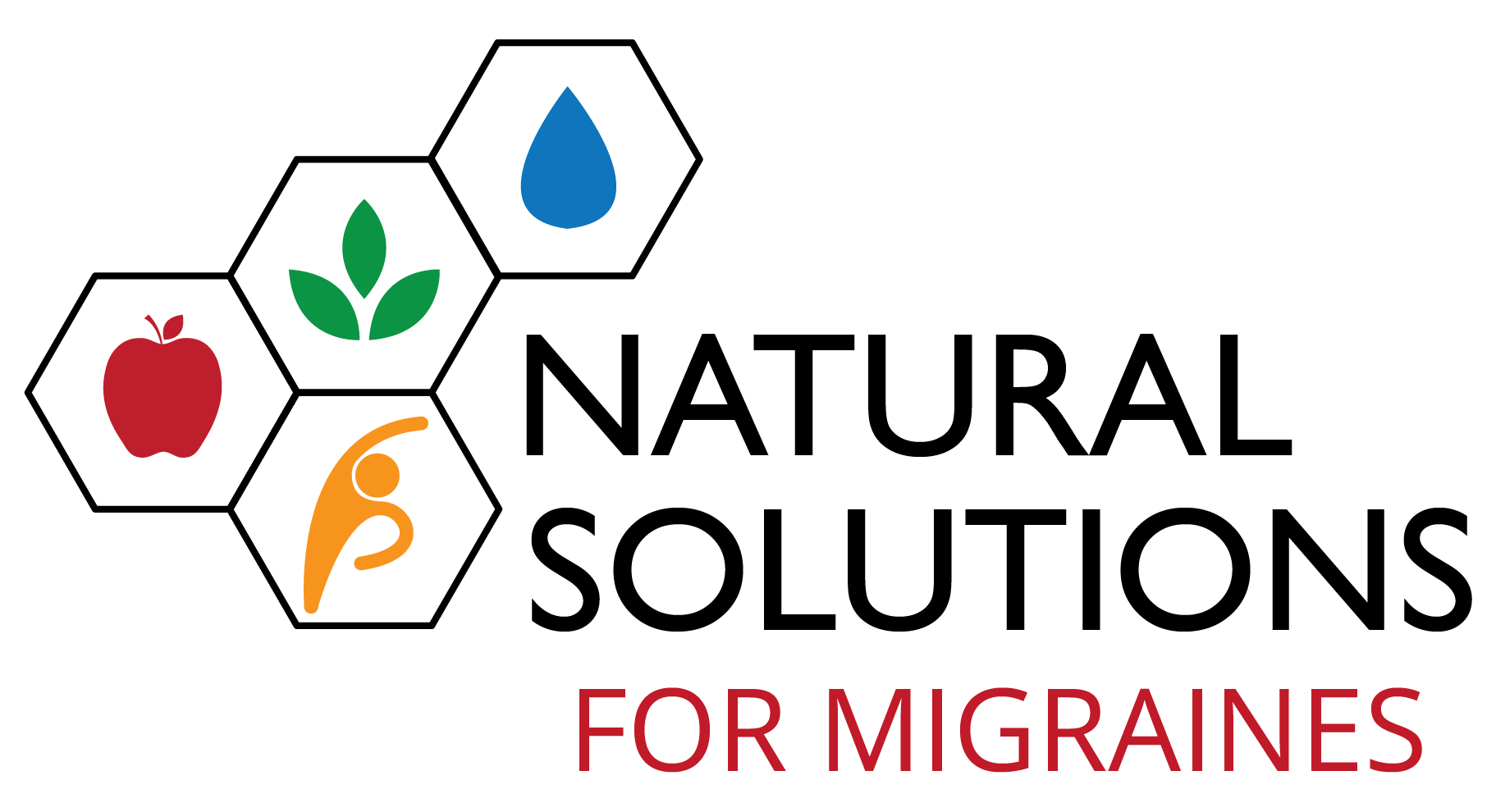The many stages of adrenal fatigue
Modern lifestyles produce constant high levels of stress that stimulates the adrenal glands. The impact of chronic stress is that cortisol levels never get a chance to return to normal. Our bodies think that being late for a meeting, getting stuck in traffic, a computer crash or the kids yelling in the back seat is the equivalent of a saber-tooth tiger racing after us. This constant stress causes several detrimental changes in the body that threaten not only your sanity, but your overall health and longevity.
Long periods of chronic stress gradually deplete serotonin as the body tries to down regulate excitatory signals. This can often trigger a migraine. Once serotonin is sufficiently depleted, the excitatory arm of the nervous system has free reign, often creating prolonged states of anxiety and agitation or irritability in addition to regular headaches. At this stage, many people describe that they ‘just can’t relax anymore’.
With continued stress, excitatory neurotransmitters also become depleted; this is when the body just can’t keep up anymore and many people struggle just to get up in the morning (or anytime during the day). These people often experience depression or chronic fatigue accompanied by nearly constant headaches.
A simple salivary test can help determine how your adrenals are functioning, identify what stage of adrenal fatigue you are in and guide us to the necessary therapies to restore proper adrenal function. This simple, do-at-home test involves taking four salivary samples throughout the day to measure your cortisol and DHEA levels. The results show you exactly where you are along the progression towards adrenal exhaustion.
The graph above shows the four stages of adrenal fatigue. In Stage I, cortisol levels are high and DHEA levels begin to fall. As stress continues, cortisol levels begin to fall (although they will be within the “normal” limits), but DHEA levels will be low (Stage II). In Stage III, both cortisol and DHEA levels will be low. Stage IV represents adrenal exhaustion; this is where both cortisol and DHEA levels are very low.
Once we know where you are along this curve we can develop a plan to help support your adrenals, help your body handle stress more effectively and restore optimal functioning over time.




